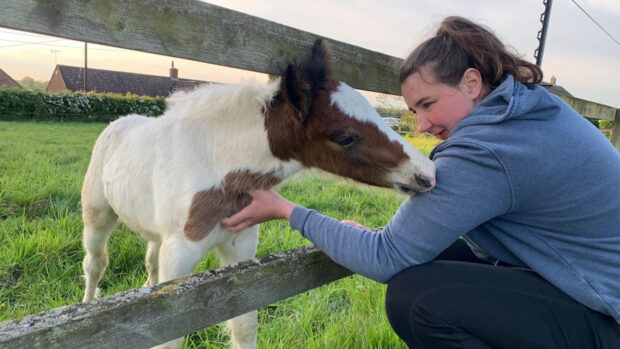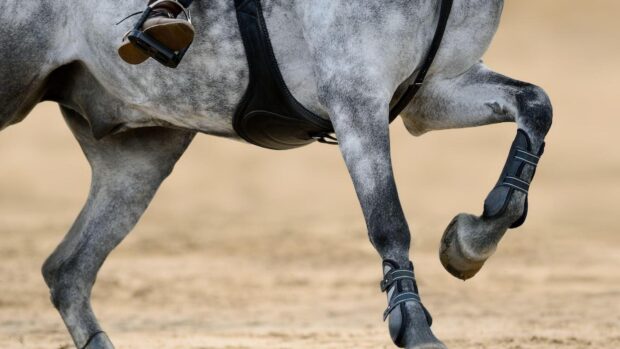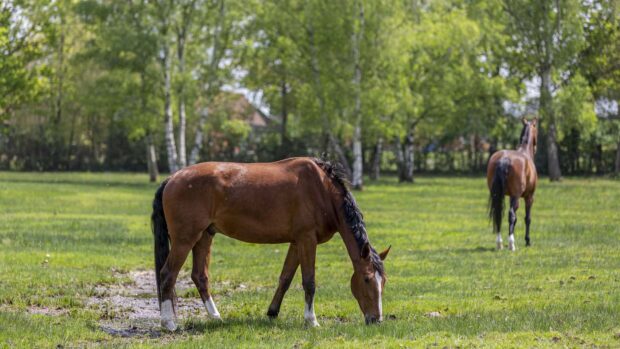Laminitis strikes throughout the year, warned World Horse Welfare at the recent British Equine Veterinary Association (BEVA) Congress (9-12 September).
The charity launched a new free information leaflet at the event, which gives advice on the treatment, management and prevention of the condition.
A study by vet Clare Wylie in partnership with World Horse Welfare showed laminitis could affect over 4,000 horses in the UK every year.
The leaflet gives information on the different types of laminitis and how to spot the early signs of the disease.
It shows that contrary to myth, laminitis occurs all year-round and not just in the spring.
“While many people are aware of laminitis, there are still a lot of misconceptions that only certain types of horses are at risk or that it is more likely to occur in the spring time, so we wanted to address these myths in the leaflet and clearly set out the facts,” said World Horse Welfare’s Sam Chubbock.
This year’s lush autumn grass is causing many horse owners to be extra vigilant at this time of year.
Dr Wylie’s study showed there are more incidences of the disease in the winter months than in the spring.
The research was carried out over two years from 2009-2011 and involved 28 veterinary practices. The conclusions were published in The Veterinary Journal in September 2013.
In the leaflet some of the risk factors of the disease as identified by Dr Wylie are covered. These include hormonal disorders such as equine metabolic syndrome (EMS) and pituitary pars intermedia dysfunction (PPID or Cushing’s disease), and an inflammatory response following either carbohydrate overload or an inflammatory disease like colic.
“Claire Wylie’s research study marked an important step in identifying laminitis risk factors and World Horse Welfare is once again working with the Animal Health Trust to fund the CARE about Laminitis study which builds on Dr Wylie’s research,” added Ms Chubbock.
The charity is also urging horse owners to take part in the CARE study whether or not their equines have ever had laminitis.
The information will be used to build up “an extensive database so we can help prevent and treat future cases,” she added.
To register for the CARE about laminitis study visit: www.careaboutlaminitis.org.uk
To download World Horse Welfare’s laminitis leaflet visit www.worldhorsewelfare.org/Laminitis




